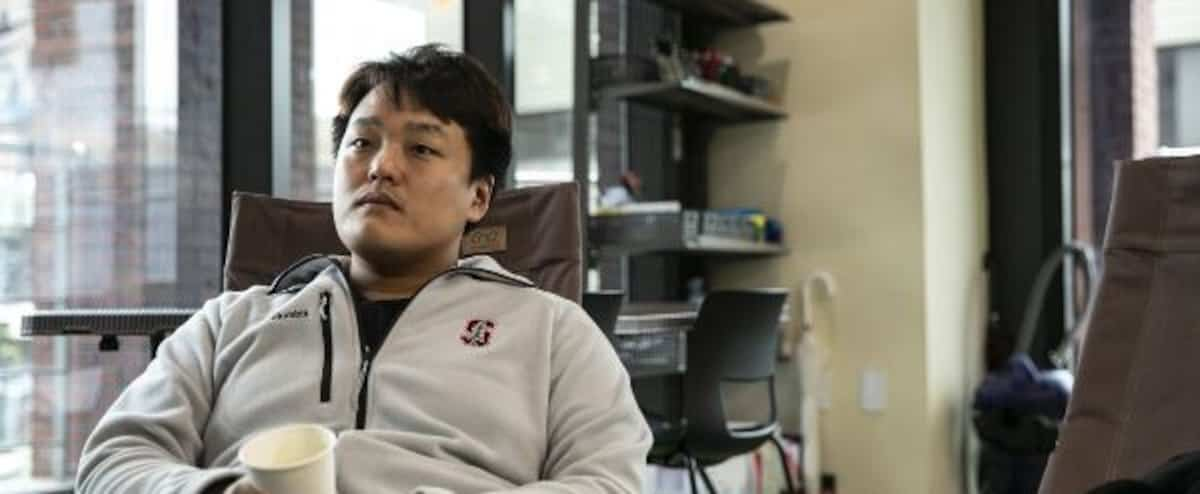A few hours after his arrest in Montenegro, South Korean founder of cryptocurrency Terra, Do Kwon, was charged with fraud by the American judiciary on Thursday, according to documents seen by AFP.
• Also read: Bitcoin plunges to its lowest level since late 2020
• Also read: A cryptocurrency loses 98% of its value within 24 hours
A federal jury in New York has returned no less than eight counts of charges against the 31-year-old man, who is accused of various types of fraud, including online fraud, organized gang, in connection with the crushing of his crypto-asset, resulting in a loss of resulted in nearly $40 billion for investors.
According to the indictment, Mr. Kwon “willfully misled investors about numerous aspects of the Terra blockchain, including the technology used and the extent of its user adoption.”
According to the Balkan country’s interior minister, he was arrested today in Montenegro along with his chief financial officer, Hon Chang Joon.
“Montenegro police have arrested a person suspected of being one of the world’s most wanted fugitives, South Korean Do Kwon, co-founder and CEO of Terraform Labs,” Filip Adzic said on Twitter.
The two men were arrested at the capital’s Podgorica airport with “false documents” as they attempted to board to Dubai using fake Belgian and Costa Rican passports.
The two men were the subject of an arrest warrant issued by their country of origin.
“We are waiting for the official confirmation of his identity,” continued Filip Adzic.
Interpol issued a red notice in September at the request of the South Korean prosecutor’s office to locate him. Prosecutors had asked the Seoul Ministry of Foreign Affairs to withdraw his passport because Do Kwon was “on the run”.
In mid-February, the American stock exchange police officer SEC had initiated proceedings against Do Kwon for “staging a crypto asset fraud worth billions”.
Currency stability not guaranteed
Aside from the heavy losses recorded by investors, the fall of Terraform Labs and Terra had rocked the global cryptocurrency market, the first of many shocks to hit the sector in a year.
Terraform Labs offered a so-called stable cryptocurrency or “stablecoin”, the Terra.
Basically, the price of a stablecoin is hedged against that of a traditional currency or real assets, giving investors more stability in the highly volatile world of cryptocurrencies.
However, the stability of some of these cryptocurrencies is not guaranteed by currency reserves, but by an algorithm that performs arbitration based on the supply and demand of another cryptocurrency.
Such was the case with Terra, which was backed by the cryptoasset developed by the Luna Foundation Guard.
For the SEC, Terraform and Do Kwon have “repeatedly deceived investors” by claiming that a popular Korean payments app used the technology behind Terra to process transactions that would increase Luna’s value.
Terraform Labs’ system “was simply an overblown algorithmic pseudo-stablecoin+ scam whose price was controlled by the defendants and not by any computer code,” said a senior SEC official, Gurbir Grewal.
In April 2022, the value of Terra had peaked. It was the fourth largest stablecoin and the tenth largest cryptocurrency by market value at the time, according to CoinMarketCap.
A month later, the Terra had lost more than half of its value in just under 24 hours, sparking a wave of panic.
Very quickly, the stablecoin and its sister token Luna fell to zero, hitting the savings of many retail investors.
South Korean authorities have since opened several criminal investigations into the case.

